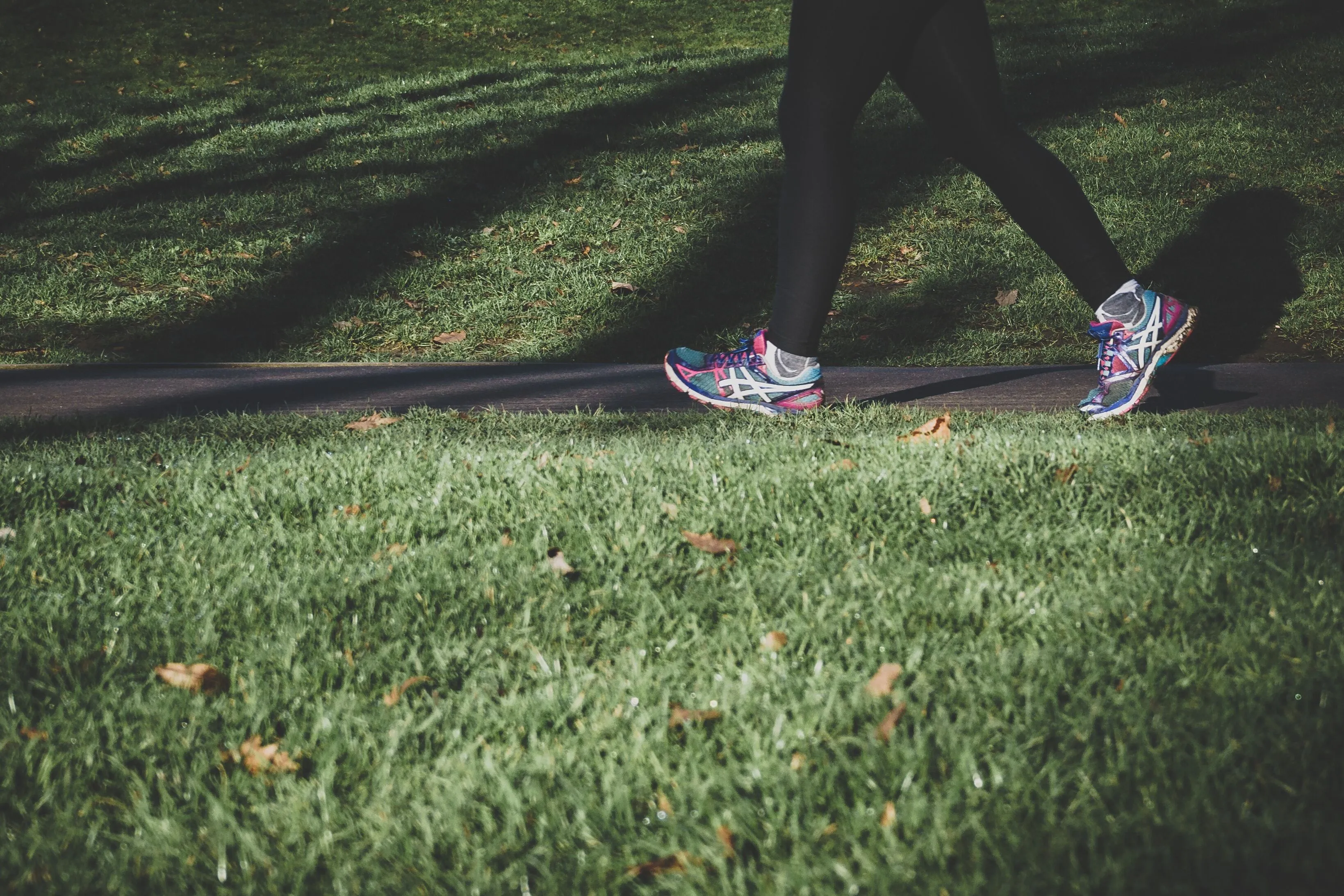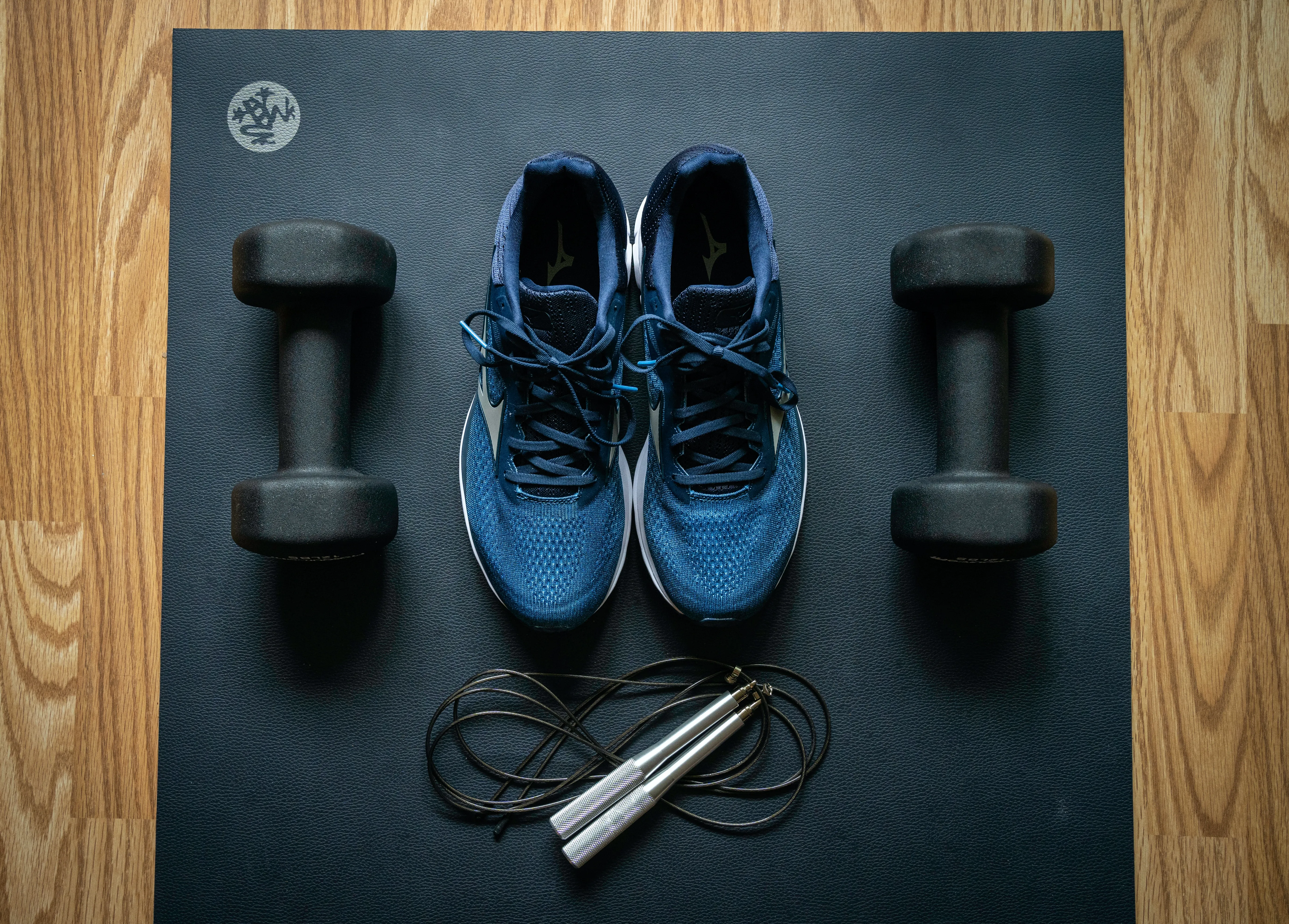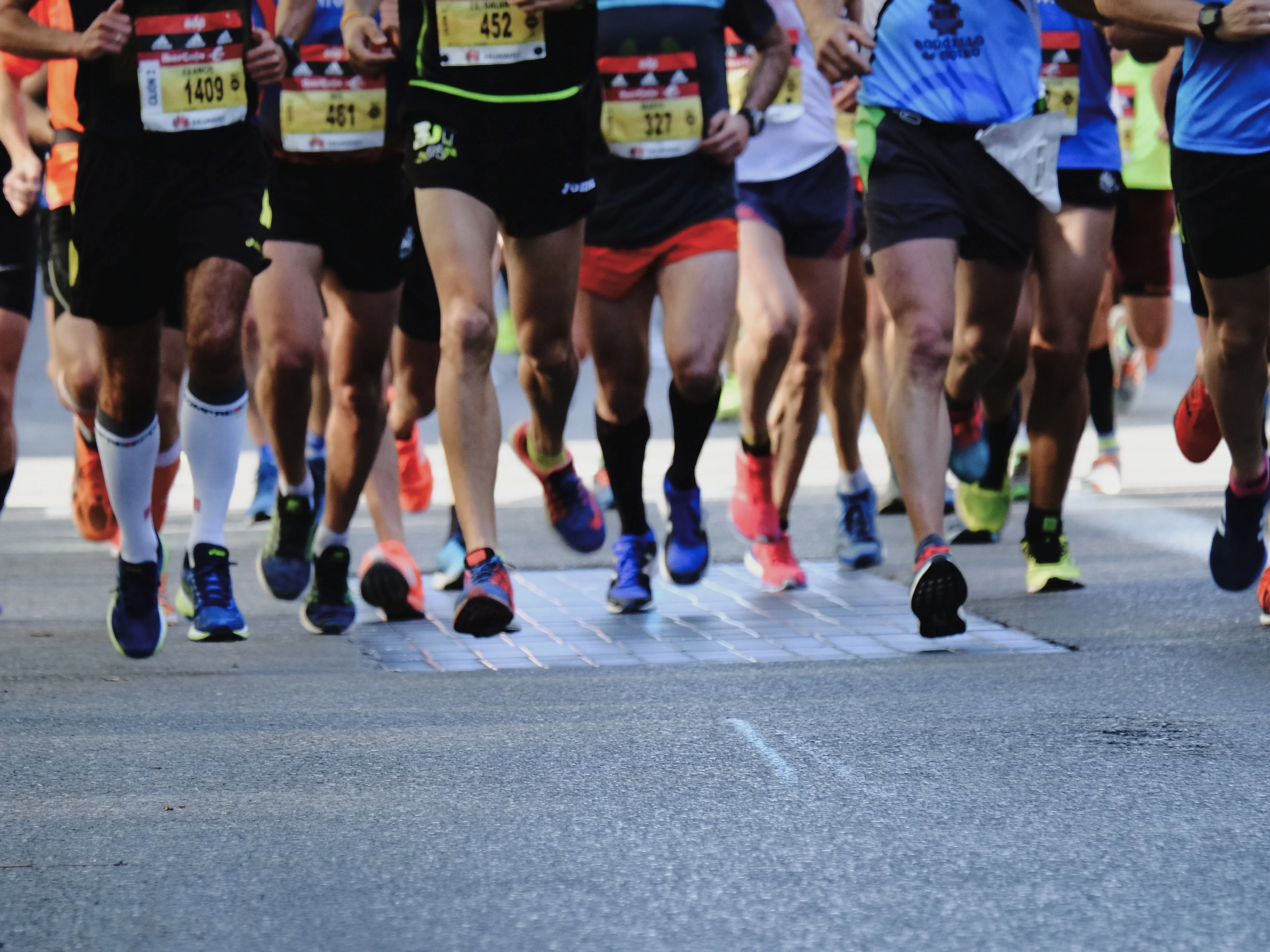
Running can rightly be called the most democratic sport in the world. No expensive outfits, no exclusive gyms, and no intricate equipment. All you need is a pair of trainers, the open road, and the commitment to keep going. However, like any other hobby, it can get expensive quickly if you’re not careful. From top-of-the-line shoes to high tech race entry fees, costs can add up. Here are some tips on how to keep your running habit on a budget.
High-Quality Gear Doesn’t Have to be Expensive
The first step to running is getting the right gear. For running, your shoes are the most important piece of equipment. They protect your feet and provide the support you need to run efficiently and safely. But good running shoes don’t have to break the bank.
Do your research and compare prices before making a final decision. End-of-season sales, lightly used, or second-hand gear can also serve just as well for beginners. Quality should always take precedence over the brand. Remember, the goal is to find a pair of shoes that feels good on your feet, and encourages you to get out there and run.

Utilize Free Training Resources
No need to hire a professional trainer when you’re starting out. There are plenty of free resources available in the form of apps, online videos, blogs, podcasts, and local running clubs. These resources can provide training plans, tips, and techniques to improve your running form, speed, and endurance.
Running clubs are also a great way to learn from experienced runners in a supportive and social environment. Not only can you gain valuable insights from club members, but you’ll also have a group to keep you motivated during those early morning runs.
Look for Affordable Race Entries or Run for Charity
If you’re training for a race, entry fees can add a significant cost. Look for local races with lower entry costs or sign up early for races that offer early-bird discounts.
Alternatively, consider running for a charity. Many charities have partnerships with races and can provide race entries in exchange for fundraising. It’s a great way to run a race, possibly for a reduced fee or even free, and do some good for your community.
DIY Recovery and Nutrition
A key part of running is the post-run recovery and nutrition. Again, you don’t need to spend a small fortune on protein bars, supplements, or recovery equipment. Implement good sleep hygiene and nutritious, home-cooked meals to aid your recovery.
Lean protein, complex carbohydrates, and lots of fruits and vegetables should form the base of your diet. These can all be purchased at your local grocery store, are often cheaper than prepared meals and can provide the fuel and nutrition your body needs for those long runs.

Remember, running is not about the gear, the race entries, or the latest supplements. It’s about the road, the run, and your commitment to health. With a little creativity and careful planning, you can keep your running habit budget-friendly.




